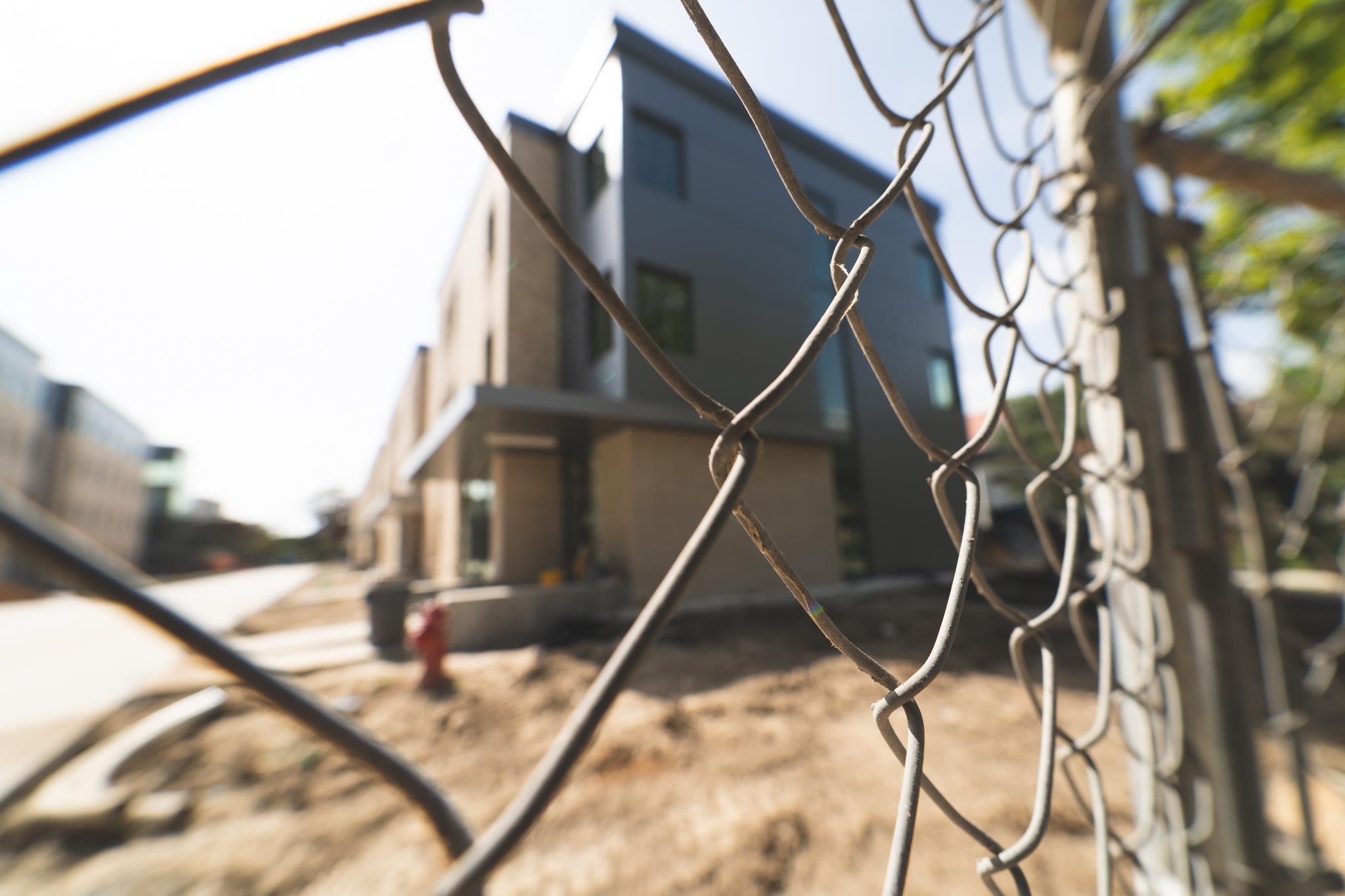

The increasing demand for student housing has resulted in the gentrification of Houston’s historic Third Ward, making the cost of housing much more than monthly rent. | Christopher Charleston/The Cougar
The historic Third Ward, home to the vastly diverse UH, has been receiving what some would consider a much needed update. Natives call it gentrification.
Having a university in a large city like Houston comes with the complicated issue of housing. Cities don’t have the same access to open land for development as small towns. UH is not immune to this.
With a growing student population, the demand for housing increases annually. As a result, overpriced apartment complexes are erected less than a mile away from the campus.
The rates and style of these apartments are aimed to lure in students who are unable to commute from their family homes, but do not wish to live on campus.
Although $800 per month for one person in a unit with three others might sound feasible to those in the upper middle class, this is not so for Third Ward residents.
According to a report from the Houston Public Media, “the majority of households (in the Third Ward) made less than $25,000 in 2014.”
Students deserve several housing options to choose from, but the current choices come at a big cost to them and natives.
On campus housing is limited and costly for students in the long run. Therefore, students without financial support are forced to get jobs to pay their rent while residents of the Third Ward are displaced by these properties that aren’t meant for them.
This issue may seem like a lose-lose situation, but some problem solving could lead to a very simple solution: affordable housing for all.
UH students and Third Ward residents are two very different groups with the same problem. Those in the housing business might see it as more lucrative to cater to students who are not well versed on renting.
However, they could drive up property values by investing in the homes that already exist in the area.
Instead of “taking away property that could be used for more low-income housing,” they could introduce housing that is feasible for students and low-income households alike.
Focusing on the renovation of homes in the Third Ward would make them more attractive to students who aren’t used to city life.
Homeowners would also have an easier time selling their property in an area with less homeless people and more well maintained neighborhoods.
This solution makes the consistent addition of new student housing developments seem questionable. They seem to hurt students financially with little more than a convenient location and a pool to offer in return.
Going off to university should be a joyous experience for young adults. Stable housing should not cost nearly $1,000 a month nor should it uproot residents of a historic community.
The people tasked with making these decisions should consider the citizens they are impacting rather than the financial gains they stand to make.
Everyone deserves housing that they can afford.
Jordan Hart is a journalism junior who can be reached at opinion@thedailycougar.com
—
“The real cost of student housing” was originally posted on The Cougar
